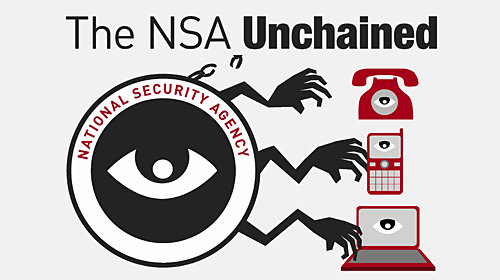
Documents obtained by the journalist Glenn Greenwald and released yesterday by The Guardian show how the National Security Agency has implemented the FISA Amendments Act, a 2008 law that substantially expanded the government’s surveillance authority. A few of us at the ACLU have now had an opportunity to review the documents and to write a short analysis of them, which you can read here. We write:
Newly released documents confirm what critics have long suspected—that the National Security Agency, a component of the Defense Department, is engaged in unconstitutional surveillance of Americans’ communications, including their telephone calls and emails. The documents show that the NSA is conducting sweeping surveillance of Americans’ international communications, that it is acquiring many purely domestic communications as well, and that the rules that supposedly protect Americans’ privacy are weak and riddled with exceptions.
We’ve had less than a day to review the documents, and we may eventually expand (or amend) the analysis we’re releasing today. We thought it important, though, to publish our first reactions.
Learn more about the NSA and other civil liberty issues: Sign up for breaking news alerts, follow us on Twitter, and like us on Facebook.


